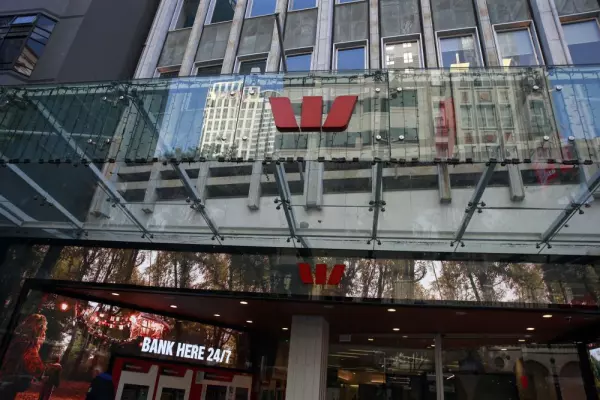Equity markets everywhere have been chewing on the billion-dollar question since Friday – has inflation peaked?
Treasury bond yields in the US have slipped, a move that New Zealand copied today with a 20 basis point fall in the 10-year government bond yield since the beginning of the year to 4.2%.
“That's reasonably meaningful and there are ongoing snippets of information showing that inflation may have peaked, or in fact that it's starting to roll over,” Harbour Asset Management's portfolio manager, Shane Solly, told BusinessDesk.
“It's the billion-dollar question for the capital markets. Have we seen this peak in inflation?”
Today, the S&P/NZX 50 index rose 20.5 points, or 0.2%, to 11,646.45. Turnover was a very light $63.1 million.
In the domestic market, Solly said there was still a little bit of a holiday feel across equity markets as 2023’s second week of trading began.
He said healthcare manufacturer Ebos Group had experienced a “pretty amazing start” to the year and the stock was up again today, by 0.9% to $45.75. In addition, Fisher & Paykel Healthcare jumped 1% to $23.33.
AFT Pharmaceuticals told the market this morning that the company expects to make inroads into the Australian market on the strength of its new Maxigesic sinus and pain treatment and hot drink sachet products.
Manufacturer Skellerup gained 1.9% to $5.30, and phosphate supplier Chatham Rock Phosphate rose 13.5% to 29.5 cents by early evening on late trading.
Tourism Holdings lifted 1.1% to $3.60 after announcing this afternoon that it had completed both the sale and leaseback of Apollo’s properties in Canada for a total purchase price of C$51m (NZ$59.5m).
In the opposite direction, petroleum refineries company Ampol fell 3.1% to $29.58. GPS company Rakon dipped 2.9% to $1.02 and Precinct Properties edged down 2.3% to $1.26.
Today, the NZ dollar was trading at 63.59 US cents at 3pm in Wellington, jumping up over a cent from 62.44 cents on Friday.
“The other thing in the background is what's happening with the US dollar on the back of all this,” Solly said.
“Certainly, we're seeing our currency a little bit stronger on the day against the US dollar – although it's more about the US dollar dropping as people are starting to think about the US Federal Reserve moving away from aggressive interest rate increases.”














